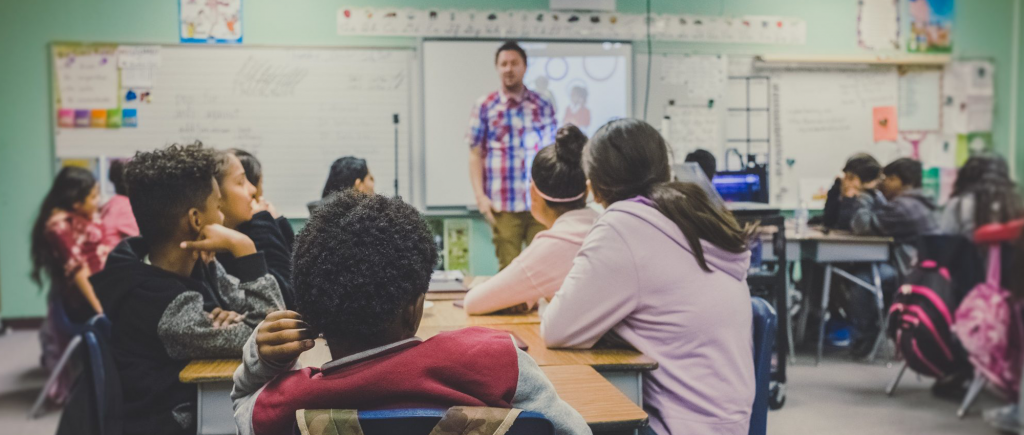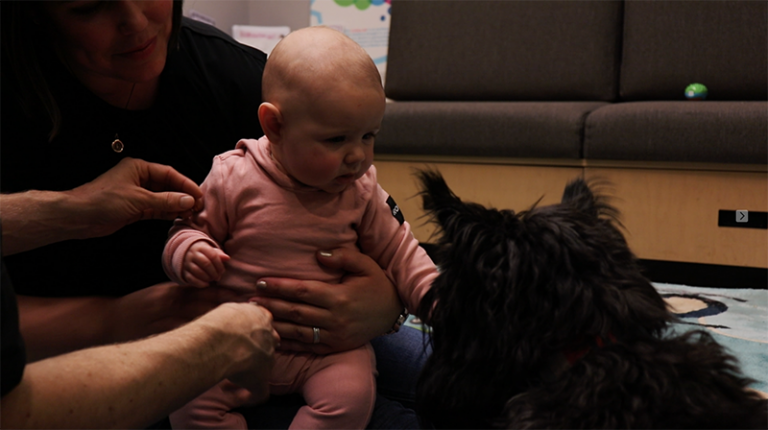Job ID: 33485
Location: Vancouver Campus
Employment Group: CUPE 116(Service/Techs/Trades)
Job Category: Research/Technical – CUPE 116
Classification Title: Research Asst/Tech 1
Business Title: EDRG Recruiter
VP/Faculty: Faculty of Arts
Department: Psychology
Salary: $20.95 (Hourly)
Full/Part Time: Part-Time
Desired Start Date: 2019/04/29
Job End Date: 2020/04/30
Possibility of Extension: Yes
Funding Type: Grant Funded
Closing Date: 2019/04/23
Available Openings: 1
Job Summary
Works in the in the Department of Psychology for the Early Development Research Group (EDRG), which is comprised of six research centres: (1) the Social Cognitive Development Lab directed by Dr. Andrew Baron; (2) the K.I.D. Studies Centre directed by Dr. Susan Birch; (3) the Language Development Centre directed by Dr. Geoff Hall; (4) the Centre for Infant Cognition directed by Dr. Kiley Hamlin; (5) the Centre for Cognitive Development directed by Dr. Darko Odic; and (6) the Infant Studies Centre directed by Dr. Janet F. Werker. Oversees and coordinates the recruitment and booking of local families with children to participate in development studies across the EDRG. Takes responsibility for determining appropriate potential sources for participants; composing communication and promotional material; making public and internal presentations; entering data in the EDRG’s recruitment database; booking participants for studies; and communicating with the Coordinators of each Centre regarding database and booking protocols.
Organizational Status
Reports to the six EDRG Directors and is directly supervised by the Research Manager. Works closely with Lab Coordinators, graduate students, postdoctoral fellows, and other research technicians. Oversees the work of undergraduate research assistants.
Work Performed
- Recruits subjects for studies on infant and child development by calling families from an existing database to gather information and schedule participation times.
- Coordinates all public information about the six Centres in the EDRG. Collects, updates, and formats text for brochures, newsletters, posters, and websites used for communicating with families and recruiting new families.
- Mails out information and study results letters, and contacts community centres and other outreach organizations for sharing information about the EDRG.
- Collects, enters and coordinates information about potential participants in an existing database.
- Maintains up-to-date and comprehensive knowledge of the studies being carried out in the six Centres, as well as the needs for participants and scheduling concerns in order to book participants with maximal efficiency and fairness for all Centres. Attends some Centre meetings and discusses research goals with the researches and Directors of the Centres.
- Provides basic training (e.g. one-on-one sessions, group workshops) and supervision to new lab members who may be involved with booking and data entry. Create and update protocols and manuals regarding recruiting and booking.
- Assists with updating materials used in amendment requests and annual renewals for the UBC Behavioural Research Ethic Board.
- Engages in some outreach activities for recruitment, including community fairs and events.
- Updating recruitment protocols to reflect current procedures and practices.
Supervision Received
The employee will be under general supervision by the six EDRG Directors and by the Research manager, receiving instruction when new duties are assigned and when unusual problems arise. All text produced by the employee will be reviewed by the Directors and by the Behavioural Ethics Review Board of UBC before it is made public.
Supervision Given
The employee may oversee the work of undergraduate research assistants and volunteers.
Consequence of Error/Judgement
Much of the work is performed according to clear procedures and monitored; however, some individual initiative is required. Errors may result in loss of data, participants or reputation, and the slowing down of productivity in the laboratory, or ethics approval being delayed.
Qualifications
High School graduation. Bachelor’s degree in Psychology, Linguistics, or other related discipline preferred. Minimum of 1 year of related experience or the equivalent combination of education and experience. Computer experience required, with preference given to those with Mac and Linux experience and with knowledge of FileMaker Pro, HTML, and MySQL. Experience working with parents and infants, with children and with the public, and in giving public presentations would be assets for the position. Ability to communicate effectively verbally and in writing. Strong interpersonal and organizational skills. Ability to maintain accuracy and attention to detail. Ability to work effectively independently and in a team environment. Ability to effectively manage multiple tasks and priorities and to work under pressure to meet deadlines.
Equity and diversity are essential to academic excellence. An open and diverse community fosters the inclusion of voices that have been underrepresented or discouraged. We encourage applications from members of groups that have been marginalized on any grounds enumerated under the B.C. Human Rights Code, including sex, sexual orientation, gender identity or expression, racialization, disability, political belief, religion, marital or family status, age, and/or status as a First Nation, Metis, Inuit, or Indigenous person.
All qualified candidates are encouraged to apply; however Canadians and permanent residents will be given priority.

